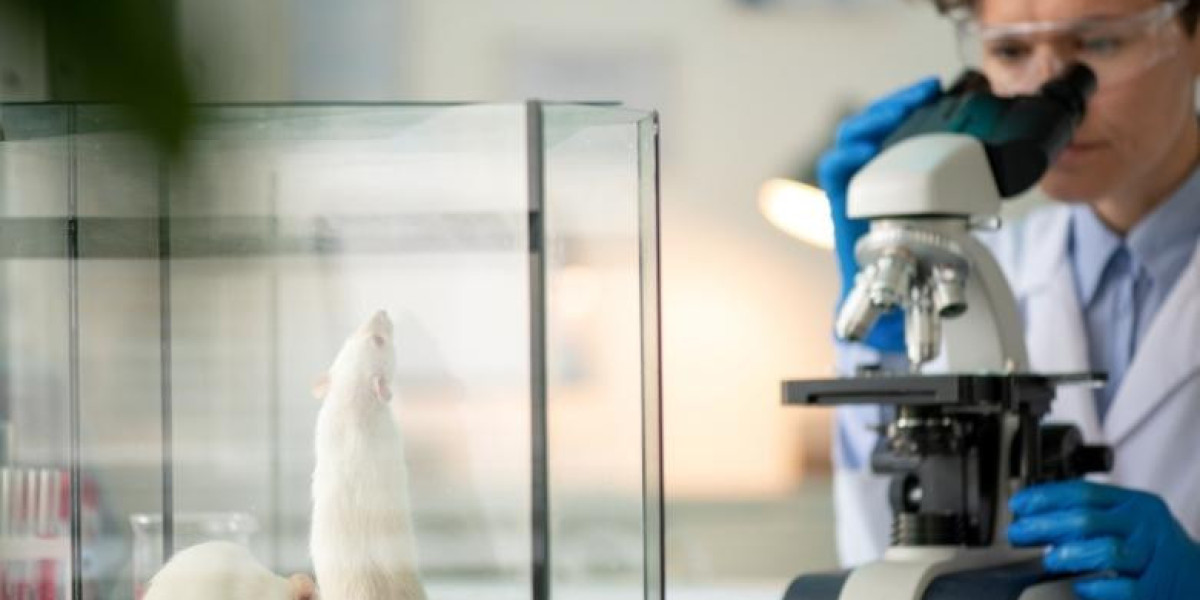Therapeutic antibody discovery represents a pivotal area of modern medical research, offering profound potential in the treatment of diseases that were once deemed untreatable. This process involves identifying and developing antibodies—proteins naturally produced by the immune system—that can specifically target and neutralize disease-causing agents such as viruses, bacteria, and cancerous cells.
The journey of discovering a therapeutic antibody begins with the identification of a specific target, typically a protein associated with a disease. Researchers aim to find an antibody that can bind to this target with high specificity and affinity, thereby blocking its harmful effects. The complexity of this task requires a blend of biological insight, advanced technology, and strategic methodology.
One of the primary methods used in antibody discovery is hybridoma technology, which involves fusing B cells (the body's natural antibody-producing cells) with myeloma (cancer) cells to create hybrid cells capable of producing large quantities of a single type of antibody. This technology has been instrumental in producing monoclonal antibodies, which are identical immune cells that are clones of a unique parent cell, ensuring consistency and specificity in targeting.
Phage display technology is another crucial method, where a bacteriophage—a virus that infects bacteria—is used to introduce DNA coding for antibodies into bacteria, enabling the screening of a vast library of antibody variants. This method facilitates the rapid evaluation of millions of potential antibodies to find the one that best binds to the target antigen.
Recently, advancements in genetic engineering and biotechnology have revolutionized antibody discovery. Techniques such as single B cell cloning allow for the direct extraction and cloning of antibody genes from single antibody-producing cells. This method is particularly effective in capturing the natural immune response more accurately.
Once potential therapeutic antibodies are identified, they undergo extensive characterization to confirm their ability to bind to the target and act effectively without adverse effects. This includes in vitro (test tube) and in vivo (animal) studies to assess the biological activity of the antibodies.
The next phase involves antibody optimization, where antibodies are modified to enhance their efficacy, reduce potential immunogenicity (likelihood of triggering an immune response against themselves), and improve stability. Techniques such as humanization are employed to replace mouse protein sequences in the antibodies with human ones, making them more suitable for human therapy.
Clinical trials are an essential final step, where the safety and effectiveness of the therapeutic antibodies are tested in humans. These trials are conducted in multiple phases to evaluate different aspects of the treatment, including safety, efficacy, optimal dosing, and side effects.
In summary, therapeutic antibody discovery is a complex, multi-faceted process that plays a crucial role in the development of new treatments for a myriad of diseases. It combines the intricacies of immunology, genetics, and pharmacology to create powerful new drugs that can target disease mechanisms more precisely than ever before.








